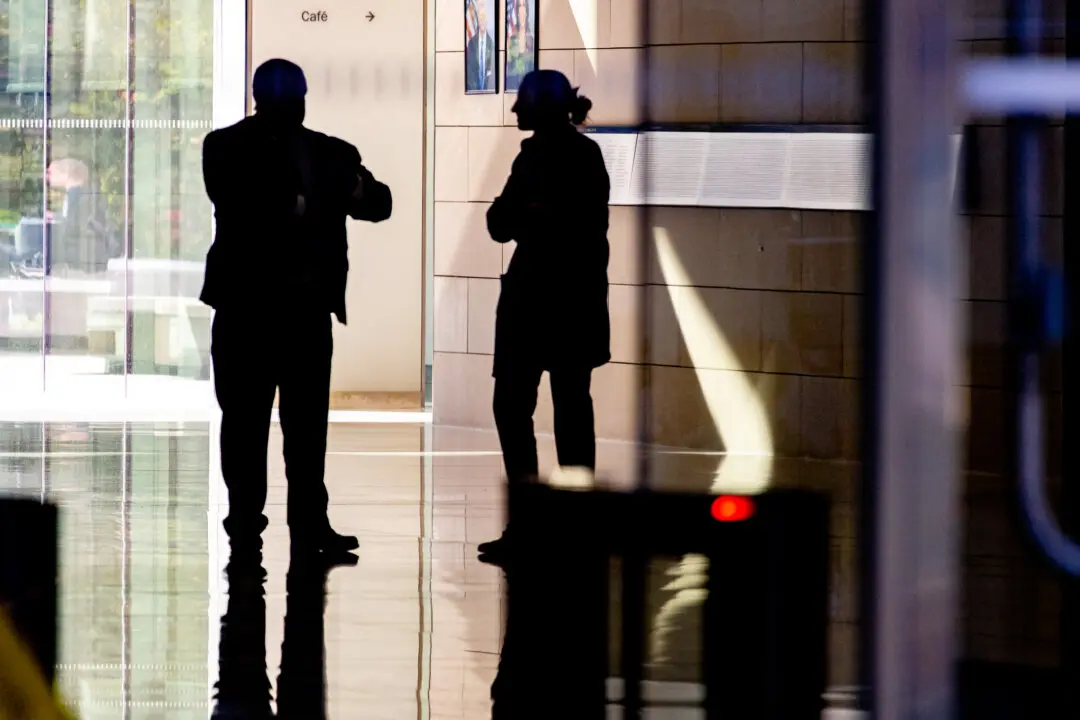SAN DIEGO—A rolling strike by unionized academic workers upset about the University of California’s response to pro-Palestinian protests at various campuses began at UC San Diego on June 3.
Workers hit the picket lines Monday morning at UC San Diego and UC Santa Barbara, with UC Irvine workers expected to join the lines Wednesday.





